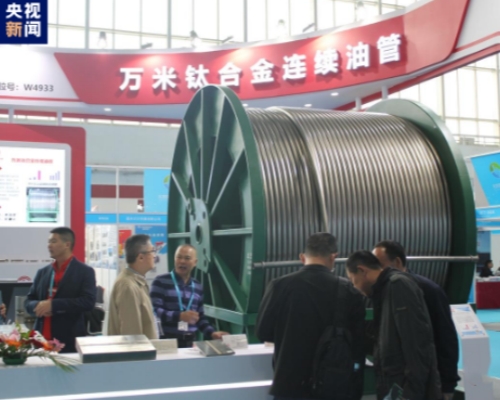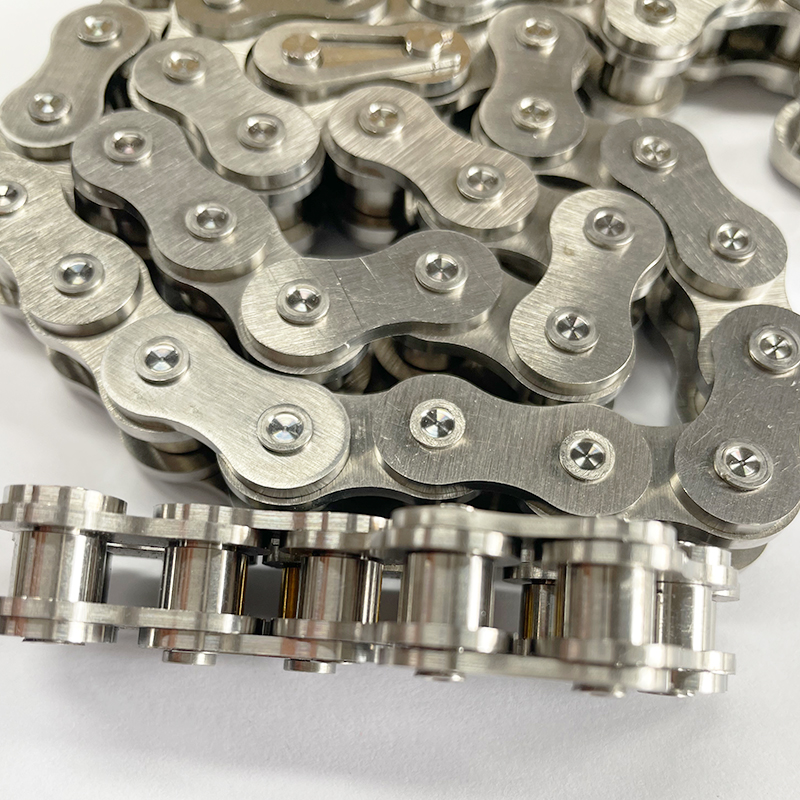Room Temperature Formability Of High-Strength Titanium Alloy Sheet
Room Temperature Formability Of High-Strength Titanium Alloy Sheet
The formability of Ti-6Al-4V alloy sheet at room temperature is very limited, and the rebound after forming is very large, which brings many problems to traditional stamping and pressure forming. Although at high temperatures, the forming limit of Ti-6Al-4V alloy sheet will increase and the rebound will decrease, room temperature forming still has great advantages in terms of cost savings. Rolling forming is a forming method that uses rotating rolls to gradually deform metal blanks to make workpieces. It is suitable for forming structural parts with high strength and limited formability. It is increasingly used in the automotive industry, mainly for forming ultra-high-strength steel, high-strength steel, etc. Since the rebound angle of the material is small during the rolling forming process and the rebound compensation can be carried out by a simple and easy method, rolling forming is an effective method for forming Ti-6Al-4V alloy sheet at room temperature. To this end, Ossama et al. conducted laboratory research on the forming and rebound behavior of 2mm thick high-strength Ti-6Al-4V alloy plates annealed at 820℃ at room temperature.

The original structure of the Ti-6Al-4V alloy sheet selected for the experiment consists of 93.86% of the isometric α phase and 6.14% of the β phase, with an average grain size of 1.3µm±0.7µm. The tensile test results at room temperature show that its anisotropy is large, and when it is 45° from the rolling direction, the yield strength of the sample is the lowest and the elongation is higher, and when the ultimate strength is reached, the sample will break quickly. The forming limit test test is completed on a device equipped with a hemispherical punch, the diameter of which is 60mm. The optical strain measurement system “Autogrid Vario” equipped with 4 advanced CCD cameras is used to record the complete deformation history of each sample. The deformation behavior of different strain paths is tested by designing different sample shapes.

The experiment found that all the samples broke suddenly at the top of the hemispherical punch, and there was no obvious necking phenomenon before the fracture, indicating that the room temperature formability of the alloy is very limited. The deformation behavior of Ti-6Al-4V alloy sheet when bending and rolling at room temperature is compared and analyzed. The results show that the minimum bending radius of the pendulum folding bending test and the V-mold bending test is 9mm, while the minimum bending radius of the rolling forming is 7.51mm, which is an increase of more than 15%. Rolling forming can form a smaller radius size and has less rebound than simple bending forming. This is mainly due to the fact that rolling forming is a multi-step cumulative deformation process. Gradual multiple deformation can inhibit the growth of cracks, while making the deformation of the material more adequate than ordinary one-time deformation. In addition, the shape defects that often occur in the rolling process of high-strength steel are relatively rare in the rolling and forming process of Ti-6Al-4V alloy. It can be seen that rolling forming is a promising process solution for forming high-strength titanium alloy sheets for aviation and automotive structural parts at room temperature.





